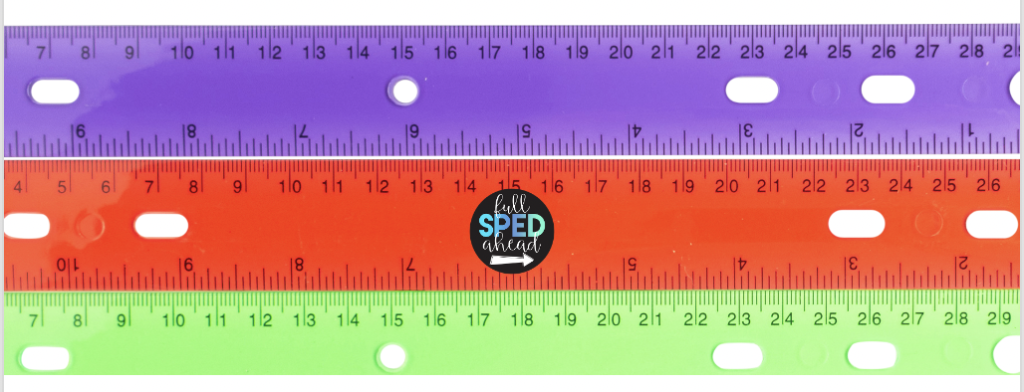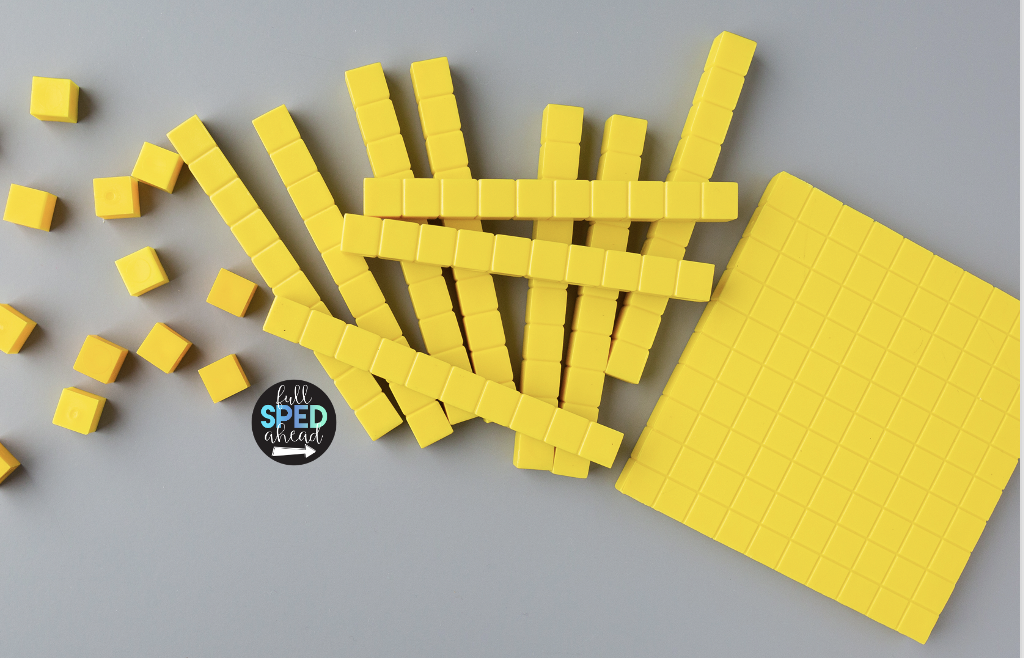I am so excited to introduce this week’s guest blogger, Juliana from Collaborated Consulting to talk all about Math Confidence for Teachers! You can also find her on Instagram!
My math tutor told me I was stupid. I’m not kidding. It was 8th grade and was still struggling with multiplication and division and he told me I was stupid. So how did I go from “stupid” to a passionate high school math teacher? I built my own math confidence over the years and I’m excited to share the tips with you here.

In order for you to increase your math confidence, you need to be vulnerable. I’m big on building a positive community and culture in your classroom. I think it’s essential. One way to build a beautiful classroom culture is to be vulnerable with your students and share your own struggle with math with them. This will humanize you with your students and possibly help build some commonality with them. You might not be from the same neighborhood as your students, but you both might share a struggle with math. This will mean a lot to your students to know this about you.
If you’re looking for more specific tips on culture building in math, check out this blog post for some great ideas!
Explicitly stating that making mistakes in your classroom is okay and even expected, will also help build that positive community and culture in your classroom. If you’ve struggled with math, this will instantly make you feel less pressure to get everything right as you explain on the board. Encourage students to point out your errors, even reward them for catching a teacher mistake. Reinforce that we are all human and we all make mistakes. It’s just a part of life and a part of learning math in this classroom. Not only will you feel less pressure during your math lesson, your students will too.
When they begin to see that you won’t shame or scold them for making a mistake and rather celebrate and expect mistakes, the fear that comes along with making one, will diminish, leaving students more willing to participate in your math lessons.

The next way to increase your math confidence is building growth mindset. Growth mindset is a bit of a buzzword in education right now, but for good reason! If you’re unfamiliar with the concept of growth mindset it’s basically about believing in your ability to grow and change. Nothing is fixed. There is no such thing as a “math person” or a “math gene.” Rather, it’s the belief that we can all learn math, or anything else for that matter, at high levels. If you struggle with math confidence, I encourage you to grow your own growth mindset about mathematics, but your students could likely use some support in growing their growth mindset as well so why not tackle it together!
The best resource I can share with you is YouCubed.org created by Stanford Professor, Dr. Jo Boaler, particularly the Week of Inspirational Math series. The site has many wonderful resources, but three of my favorite videos to show students to help establish a growth mindset about mathematics are:
Show your students the videos and discuss how they apply to learning mathematics in your classroom. But make sure you pay attention too so you can grow your growth mindset as well!
NTCM is the National Council of Teachers of Mathematics and I would highly encourage you to ask your admin to cover your registration fee for this conference. I’m always blown away by all the content specific sessions offered at their annual conference and know that attending content specific sessions will help grow your math confidence. You can attend sessions on how to teach dividing fractions, how to teach interior angle sum theorem, and so much more. But NCTM is not the only math conference around. You can find statewide math conferences and regional math conferences as well.

The final way to increase your math confidence is by collaborating with colleagues. I wish there was more collaboration between gen ed and SPED departments. You as a SPED teacher have A LOT of amazing insight to share with the gen ed teachers at your site. I encourage you to find a safe colleague who you can approach and say, “Hey, I’m not feeling so confident about math, but I’ve been assigned to teach it this year. If I have questions about content, can I come to you for help and have you not judge me?”
You may be asking for help with math content, but in return you can share some ideas around differentiation and engagement with them – two things SPED teachers do really well (and gen ed teachers usually struggle with)!
Here are some more ways to adapt math concepts for your students! Read here!
Instagram | TeachersPayTeachers | Facebook | Boom Learning Library | Pinterest |Youtube
What are you looking for?
COPYRIGHT © 2025 Full SPED Ahead